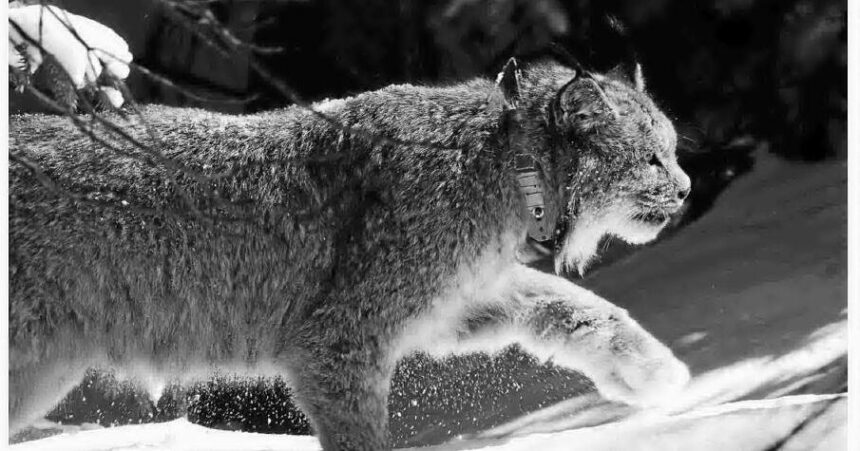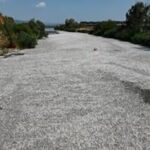Research wildlife biologist John Squires will discuss how Canada lynx responds to natural and human-caused disturbance, within the context of lynx conservation and forest management. The lecture will take place on Thursday, Sept. 5, at noon.
Squires will be speaking at the Draper Natural History Museum Lunchtime Expedition lecture at the Buffalo Bill Center of the West in Cody, Wyoming. His presentation, “A Specialist Carnivore at its Southern Range Periphery: Canada Lynx in Disturbed Landscapes,” will be held in the Center’s Coe Auditorium. The event is free to attend.
For those who prefer to attend virtually via Zoom, registration is available at https://us02web.zoom. us/webinar/register/WN_3UViCAd6TcC5m3gEmPNusg.
High-elevation, subalpine forests, which are occupied by Canada lynx (Lynx canadensis), have been impacted by natural and human-caused disturbances. These disturbances include forest insect outbreaks, fire, recreation, forest fragmentation, and energy development.
People are also reading…
For many years, Squires, a research wildlife biologist at the U.S. Department of Agriculture’s Rocky Mountain Research Station in Missoula, has tracked lynx movement with GPS collars to understand how they utilize the landscape. His research aims to comprehend how disturbance influences the ecology and conservation of lynx, wolverines, and prairie-nesting raptors in the Northern and Southern Rocky Mountains, as well as in Wyoming.
Squires noted that these disturbances result in changes to forest age, type, and arrangement, impacting not only lynx but also other species and human recreationists. By combining lynx locations, satellite images, and field measurements, his research offers insights and guidance to land managers on how to conserve this species in a changing environment.
Squires explained, “Land management agencies face challenges in balancing species conservation with forest products, increased fire resilience, and outdoor recreation in the face of new disturbances.”
He added, “The overarching goal of my research is to develop new understandings of wildlife ecology through field research that can be applied to the practical challenges of science-based land management and conservation.”





